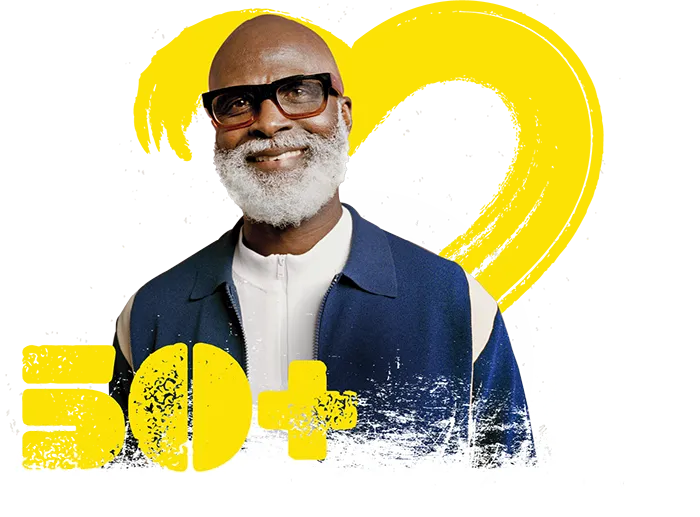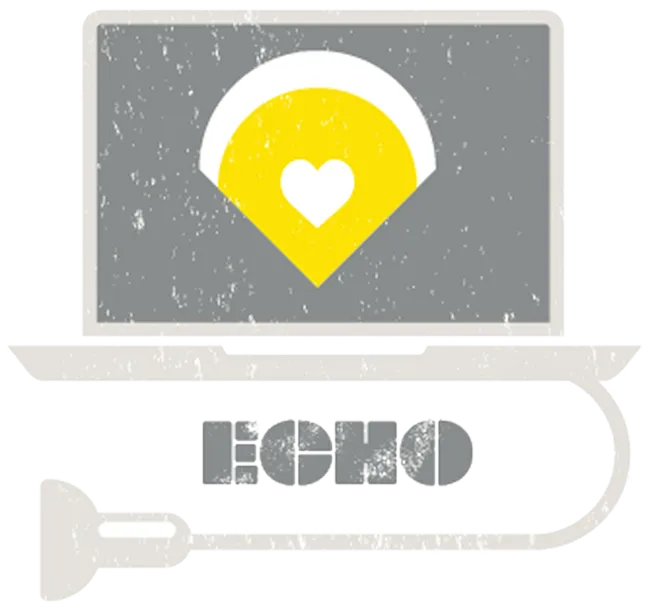When one of the most common forms of heart valve disease—aortic stenosis—becomes severe, it's called heart valve failure. This condition affects 2 million people in the US, and without treatment, it can be deadly—even if you don't have any symptoms. Early screening is the best opportunity you have to catch and treat heart valve failure before it hits you hard.
With this in mind, Edwards Lifesciences has partnered with teams around the country to get more people ages 50+ in the game and signed up for a free heart valve screening.




















